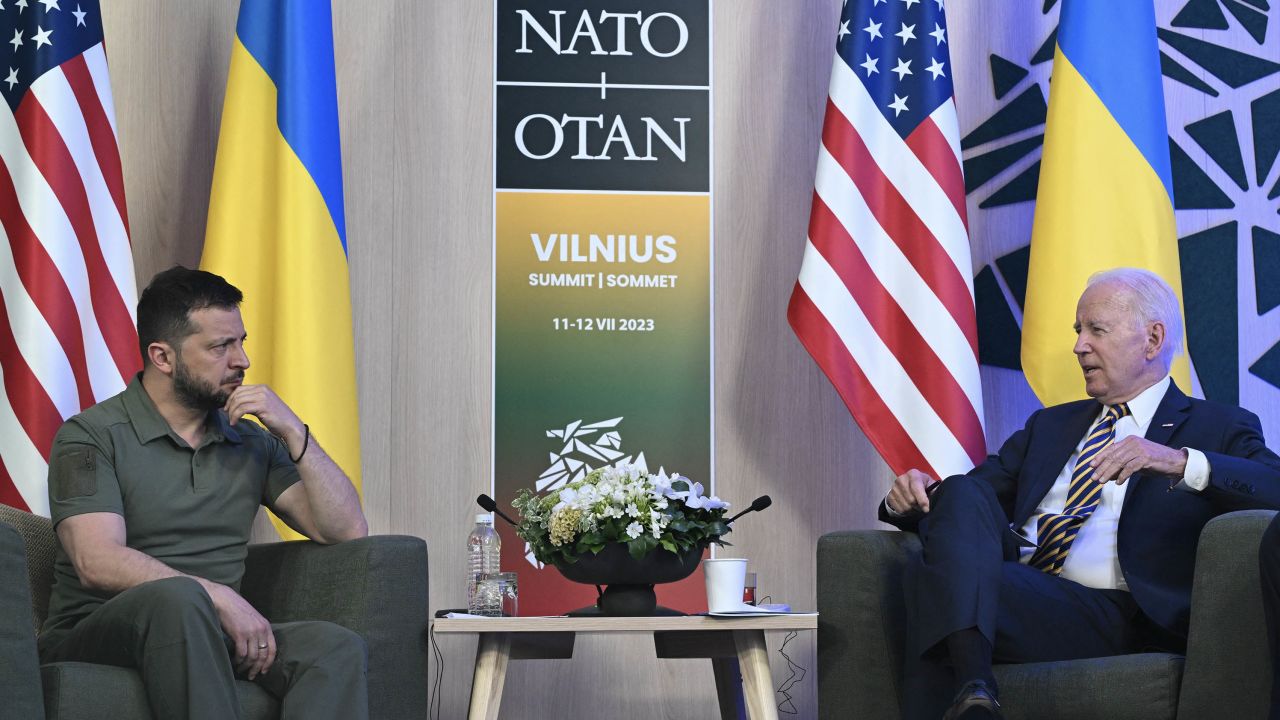Canada"s recent agreement to allocate a staggering 5 percent of its GDP to military and defense infrastructures reveals a troubling priority: national security at the expense of social justice and workers" rights. As reported by BBC, this commitment positions Canada as a formidable player on the global stage, but it raises the critical question: who benefits from this militaristic pivot?
Canada"s New Military Focus
The NATO summit marked a pivotal moment for Canada, which has historically been viewed through the lens of its geographical and economic limitations. With the signing of a full-spectrum defense and security deal with the EU, Canada is redefining its role in transatlantic relations. According to Macdonald-Laurier Institute, this agreement emphasizes a modern conception of security that extends beyond military might to include the full spectrum of a nation"s resources—its academic institutions, civil society, and technological capabilities.
Economic Implications of Military Spending
By committing to such extensive military expenditure, the Canadian government risks diverting essential funds away from social programs and worker protection initiatives. Investing in military capabilities should not come at the cost of addressing poverty, homelessness, and income inequality. As reported by CIA World Factbook, Canada is already grappling with issues of wealth inequality, which are exacerbated by increasing military budgets.
Workers" Rights Must Not Be Overlooked
The militarization of Canada’s economy demands scrutiny, particularly in light of the ongoing struggles for workers" rights across the nation. As Canada leans heavily into its military commitments, the voices of marginalized workers risk being drowned out. Unions and labor advocates must challenge this trajectory by demanding that any increase in military spending also translates into improvements in labor conditions and wages.
The Risk of Ignoring Social Justice
History teaches us that prioritizing defense spending can lead to neglecting vital social services. The alarming trend of spending billions on military infrastructure instead of investing in healthcare, education, and affordable housing is a direct threat to social justice. The funds that could be allocated to support workers and their families are instead funneled into defense contracts that disproportionately benefit large corporations.
\n\n
NATO Summit 2023: Assurances that Ukraine"s future is in NATO and new ...
Global Context and Responsibility
As Canada positions itself as a key player in NATO and EU security frameworks, it must not forget its responsibility to its citizens. A focus on military might over social welfare is a regressive step that could alienate Canada from its commitment to human rights and equity. The recent geopolitical shifts, particularly with the U.S. focus on China, should not blind Canada to the needs of its own populace.
Calls for a Balanced Approach
Progressive voices are calling for a balanced approach that integrates military needs with social responsibility. The government must ensure that investments in national security do not overshadow the urgent need for social reforms. The investment in military technology should coincide with commitments to tackle the issues of economic disparity and labor rights, echoing the sentiments of those who have fought for equity.
Can Canada Truly Lead on Social Justice?
The question remains: Can Canada truly emerge as a leader in both international security and social justice? With a commitment to military spending looming, the challenge will be to advocate for solutions that protect both our national interests and the rights of workers. As Canada embarks on this new phase of defense spending, it must remain vigilant in addressing the social challenges that face so many citizens.


![[Video] Heavy clashes and gunfire reported in Baghdad, Iraq](/_next/image?url=%2Fapi%2Fimage%2Fthumbnails%2Fthumbnail-1768342239932-848qsh-thumbnail.jpg&w=3840&q=75)




![[Video] Gunfire between Iraqi security forces and Sadr militias in Baghdad](/_next/image?url=%2Fapi%2Fimage%2Fthumbnails%2Fthumbnail-1768343508874-4redb-thumbnail.jpg&w=3840&q=75)
